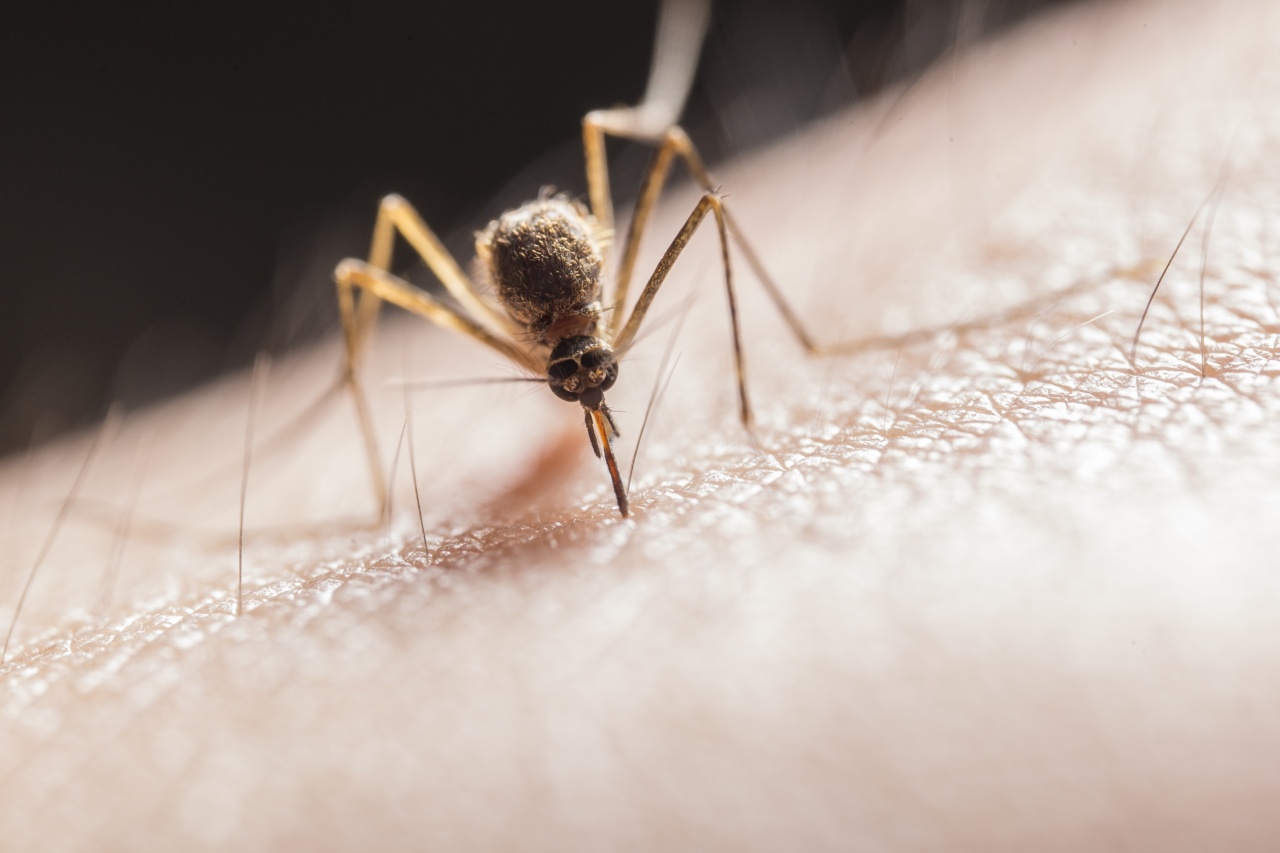There is nothing more frustrating than spending a beautiful summer evening outdoors and being incessantly attacked by mosquitoes.
It seems like no matter how much repellent you use or how many citronella candles you light, these tiny blood-sucking pests always find a way to ruin your outdoor experience.
Have you ever wondered why mosquitoes bite and why some people seem to be more prone to mosquito bites than others? In this article, we will explore the science behind why mosquitoes are attracted to certain individuals and the factors that contribute to their biting behavior.
1. Sensing Carbon Dioxide
Mosquitoes have an incredible ability to detect carbon dioxide, which is one of the primary reasons why they are attracted to humans.
When we exhale, we release carbon dioxide into the air, creating a chemical signal that mosquitoes can sense from a considerable distance. Female mosquitoes, in particular, are drawn to this carbon dioxide plume as it indicates the presence of a potential blood meal source.
2. Body Heat and Temperature
Aside from carbon dioxide, mosquitoes are also attracted to the heat and warmth emitted by our bodies. They have specialized heat sensors that allow them to detect differences in temperature, honing in on the warmest areas.
This is why they tend to target areas such as the neck, wrists, and ankles, which typically have higher skin temperatures.
3. Lactic Acid Production
Another factor that makes certain individuals more attractive to mosquitoes is the amount of lactic acid they produce. Lactic acid is a byproduct of physical exertion and is found in sweat.
Mosquitoes are highly attracted to this substance, so if you tend to sweat more or engage in activities that increase lactic acid production, you are more likely to become a mosquito magnet.
4. Blood Type
Believe it or not, your blood type can also influence how attractive you are to mosquitoes. Studies have shown that people with type O blood are more likely to be bitten compared to those with type A or type B blood.
Additionally, mosquitoes seem to be particularly drawn to individuals who secrete certain substances associated with blood type through their skin.
5. Skin Microbiota
Our bodies are home to trillions of microorganisms, including bacteria that reside on our skin. It turns out that the specific composition of these skin microbiota can influence mosquito biting behavior.
Some studies suggest that individuals with a higher diversity of bacteria on their skin are less likely to be bitten by mosquitoes, while those with a less diverse microbial community are more prone to mosquito bites.
6. Production of Volatile Compounds
When we metabolize certain compounds found in foods or beverages, our bodies produce volatile substances that can be released through our sweat or breath.
Mosquitoes are attracted to these volatile compounds, which is why consuming certain foods or drinks can make you more alluring to these pesky insects. Popular examples include alcohol, lactic acid-rich foods like cheese and yogurt, and high-potassium foods such as bananas.
7. Clothing color and movement
The color of your clothing and your movement patterns can also influence mosquito biting behavior.
Mosquitoes are more attracted to dark or bold colors, as they provide a higher contrast against the background, making it easier for mosquitoes to locate their potential targets. Additionally, mosquitoes are drawn to movement, so if you tend to be active or make sudden movements, you may become a prime target for these pests.
8. Genetics and Immune System
Some individuals may simply be more genetically predisposed to being attractive to mosquitoes. Certain genetic factors and variations in immune system responses can affect the chemical signals produced by our bodies that mosquitoes find appealing.
These differences may play a role in determining how alluring we are to mosquitoes and how severe our reactions to their bites can be.
9. Pregnancy
It has been observed that pregnant women are more prone to mosquito bites compared to non-pregnant individuals.
This increased attractiveness may be due to factors such as higher body heat, increased carbon dioxide production, and changes in hormonal levels during pregnancy.
10. Conclusion
While it may seem like mosquitoes mercilessly target some individuals more than others, it’s important to remember that multiple factors contribute to mosquito biting behavior.
From carbon dioxide and body heat to lactic acid production and clothing color, mosquitos rely on a combination of sensory cues to locate their next blood meal. Understanding these factors can help us develop better strategies to protect ourselves from mosquito bites and enjoy our time outdoors.































